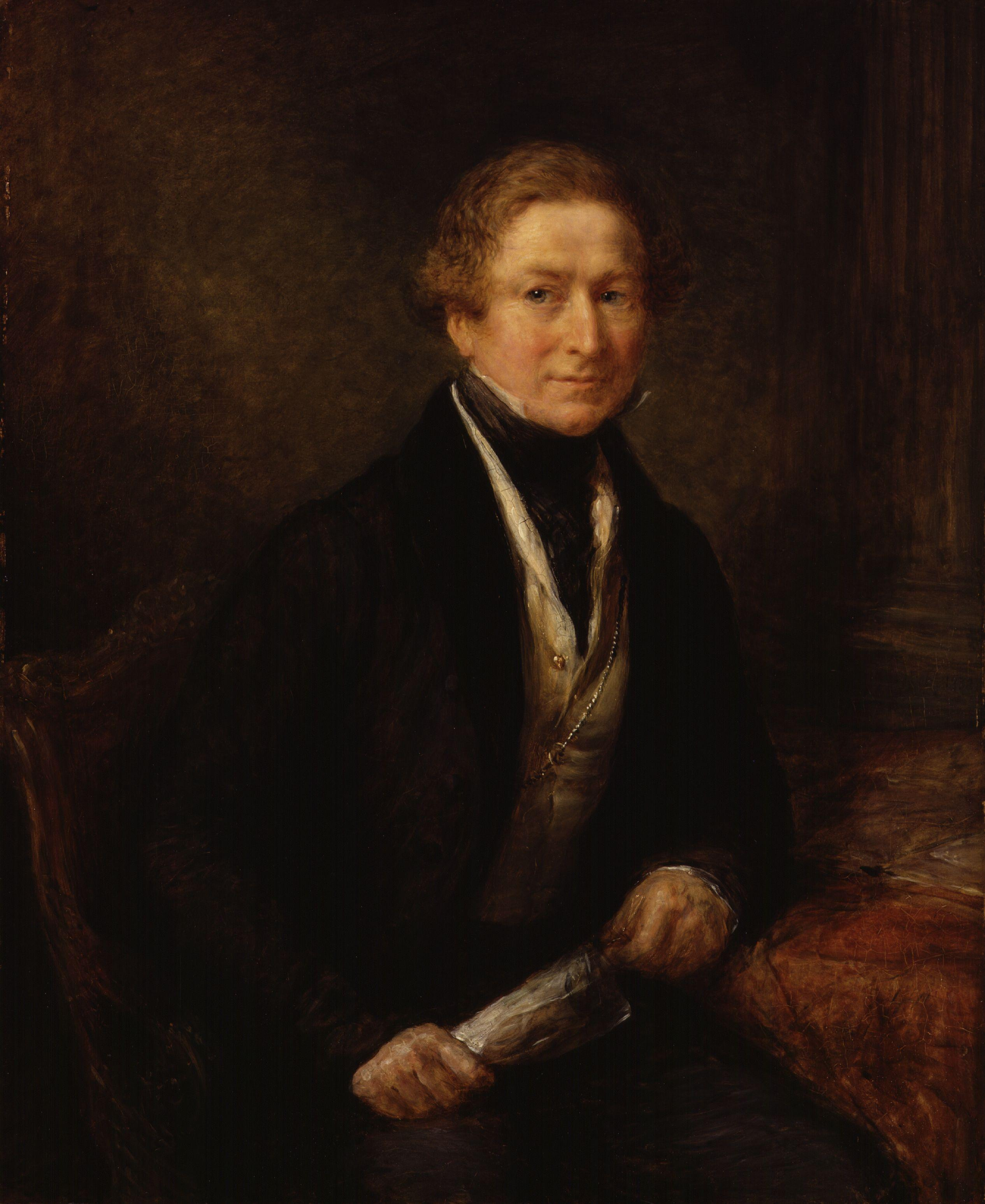Speech in the House of Commons (18 December 1834).
Famous Robert Peel Quotes
Speech http://hansard.millbanksystems.com/commons/1842/mar/11/financial-statement-ways-and-means in the House of Commons (11 March 1842).
Letter to J. W. Croker (27 July 1842).
Charles Stuart Parker (ed.), Sir Robert Peel from His Private Papers. Volume II (London: John Murray, 1899), p. 529.
Speech http://hansard.millbanksystems.com/commons/1839/mar/15/corn-laws-adjourned-debate-fourth-night in the House of Commons (15 March 1839).
Letter to Lord Hardinge (24 September, 1846).
Charles Stuart Parker (ed.), Sir Robert Peel from His Private Papers. Volume III (London: John Murray, 1899), pp. 473-474.
Letter to Lord Aberdeen (19 August, 1847).
Lord Mahon and Edward Cardwell (eds.), Memoirs by the Right Honourable Sir Robert Peel. Part II (London: John Murray, 1857), p. 322.
Robert Peel Quotes about homeland
Resignation speech http://hansard.millbanksystems.com/commons/1846/jun/29/resignation-of-the-ministry in the House of Commons (29 June 1846) after the repeal of the Corn Laws.
Budget speech https://api.parliament.uk/historic-hansard/commons/1845/feb/14/financial-statement-the-budget in the House of Commons (14 February 1845)
Prime Minister
Speech https://api.parliament.uk/historic-hansard/commons/1817/may/09/roman-catholic-question#column_422 in the House of Commons (9 May 1817) rejecting Catholic Emancipation
Chief Secretary for Ireland
Robert Peel Quotes
“The police are the public and the public are the police”
Of Peel's nine principles
Source: Known as the Peelian principles, from the General Instructions (1829) for the Metropolitan Police.
Speech http://hansard.millbanksystems.com/commons/1834/apr/25/repeal-of-the-union-adjourned-debate in the House of Commons (25 April 1834).
Resignation speech http://hansard.millbanksystems.com/commons/1846/jun/29/resignation-of-the-ministry in the House of Commons (29 June 1846) after the repeal of the Corn Laws
Prime Minister
Speech in the House of Commons (5 March 1829) introducing the Bill for Catholic Emancipation, quoted in The Parliamentary Debates, New Series: Vol. XX (1829), column 730
Home Secretary
Speech https://api.parliament.uk/historic-hansard/commons/1827/mar/13/criminal-laws-consolidation-bills#column_1156 in the House of Commons (13 March 1827) on the consolidation of the criminal law
Home Secretary
